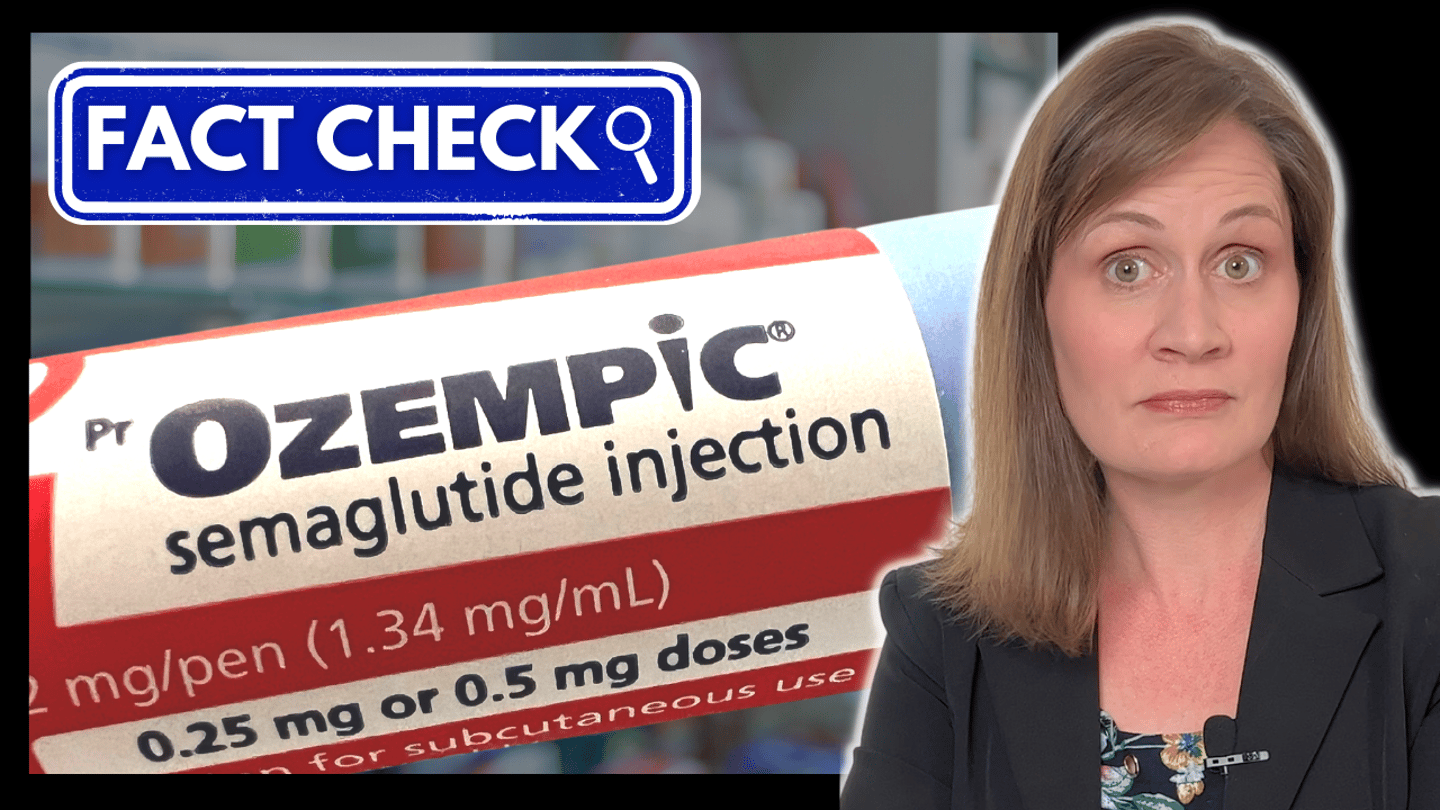Is Ozempic really a miracle weight loss drug?
One thing is for sure, GLP-1 agonists are certainly getting a great deal of attention these days. There seems to be quite a bit of excitement about these medications, and it’s not surprising that a drug that can provide significant weight loss, with very little effort, would indeed be a game changer for many patients. But are these medications getting into the right hands, and with the right amount of education?
The excitement over Ozempic specifically has been fueled in large part by social media. Not long ago, Elon Musk claimed on Twitter to have lost 30 pounds from using Ozempic combined with fasting. The search term “Ozempic” now has over 300 million views on TikTok where influencers are telling their personal stories and experiences from using the medication themselves. The sheer number of videos on YouTube is mind-blowing. So, why all the fuss? Have GLP-1 agonists really solved our problem with weight loss?
Here in Canada, more than 3.5 million prescriptions, worth nearly 1.2 billion dollars, were dispensed for Ozempic in 2022 and in March of this year, due to soaring demand, the government of British Columbia actually had to step in and prohibit sales to out of province residents in order to protect our own supply from American citizens trying to get these medications across the border, apparently because of a shortage of the medication in the US.
Ozempic (Semaglutide) was originally approved in 2017 by the FDA to help treat patients with diabetes and also reduce the risk of cardiovascular disease in these patients. It wasn’t until 2021 when the FDA and Health Canada approved Wegovy as an adjunct to a reduced calorie diet and increased physical activity for chronic weight management in a subset of adult and pediatric patients. In spite of this, Wegovy continues to be unavailable in Canada, with no date of expected availability due to the high demand for the product in other countries.
There is no denying that GLP-1 agonists have shown remarkable efficacy and risk reduction in clinical trials. For example, weight loss of up to 15kg was seen in clinical trials of semaglutide, compared with only 2.6kg in the placebo group. As healthcare professionals, we do know that sustaining a weight loss of even 5% of your initial body weight can greatly improve blood sugar control and reduce cardiovascular risk factors. Therefore, using a GLP-1 agonist as a tool to achieve weight reduction when accompanied with lifestyle changes could indeed prove to be beneficial.
Some healthcare professionals have been quick to warn that this sudden surge in demand is likely to cause shortages for the very patients who the medication was originally approved and designed for, those who have diabetes.
Over time, however, we have seen others in the healthcare industry, who have also spoken up, claiming that it’s time to recognize that these medications are highly effective and shouldn’t be withheld from those who need them – not just patients with diabetes, but patients who struggle with obesity and whose own genetics have predisposed them to fight a battle that they never signed up for in the first place. Why should these patients be denied an effective and possibly even life-saving medication? It’s something we need to grapple with by examining the evidence, and understanding the science of obesity.
As pharmacists, we see firsthand the effects of obesity in our patients, from chronic illness to cancer, to low self-esteem, and even mobility issues. Unfortunately, the problem continues to escalate. Right now “in Canada, almost two in three adults and one in three children and youth are overweight or living with obesity with even higher rates in marginalized and equity-seeking populations.”
In order to understand this class of medications more clearly, and to dispel some of the misinformation and lack of information that is available, I am sharing a video that delves into the truth about the medication Ozempic and this fascinating class of medications.
My hope here is to provide viewers with the real story behind this widely-discussed medication, while dispelling some of the misinformation that has permeated social media, and has no doubt reached your patients or customers in one form or another.
This video is designed to provide viewers with a comprehensive understanding of this class of medications and address key factors that can often be missed in patient education, such as the importance of resistance training and other lifestyle measures that can reduce risk factors for chronic disease, with or without medications.
As always, the video is divided into chapters for easy navigation where we cover the following:
- How Ozempic works for weight loss
- How Ozempic works in the brain to reduce cravings
- Weight gain after discontinuing Ozempic
- How much weight loss is needed to reduce risk factors?
- Loss of muscle mass with Ozempic
- Most effective GLP-1 agonist for weight loss
- Weight loss and risk reduction without medication
By watching (and sharing!) this video, you will gain valuable insights into this class of medications. Whether you are seeking clarity, or are simply aiming to stay informed about this "miracle" drug, I hope this video is your go-to resource.
Access expert interviews and evidence-based health content at your fingertips on the Friendly Pharmacy 5 Channel.
Lindsay Dixon is a Pharmacist, Consultant, and Health Content Creator. She is also the Founder of Friendly Pharmacy 5 & CreateRx. For collaborations or consulting services, please reach out: [email protected]


